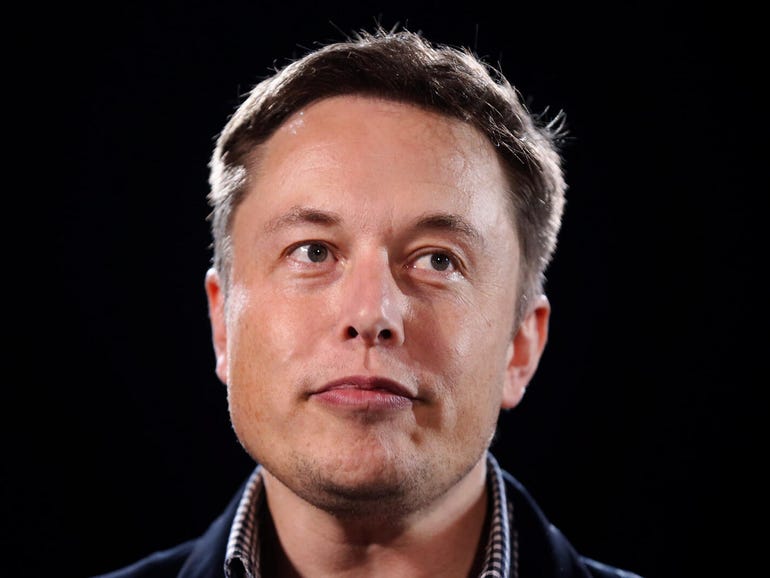- How vulnerable are undersea cables?
- Google's viral NotebookLM AI tool gets its own Android app - what you can do with it
- Uncensored AI Tool Raises Cybersecurity Alarms
- Accelerating Success: How Cisco and Partners Drive Cybersecurity Growth
- My favorite projector doubles as a gaming hub, and it's discounted at 25% off
Elon Musk delivers on Starlink internet promise to Ukraine | ZDNet

Russia’s invasion of Ukraine has damaged Ukraine’s internet. So, Ukraine’s Vice Prime Minister and Minister of Digital Transformation Mykhailo Fedorov requested help from SpaceX and Tesla billionaire Elon Musk.
Musk replied, saying he’d make the Starlink service active in Ukraine and send Starlink terminals. Some said this was just a PR stunt. These naysayers have been proven wrong.
On February 28th, Fedorov tweeted, “Starlink — here. Thanks, @elonmusk,” along with a photograph of what appears to be a military truck filled with Starlink terminals.
Musk replied, “You are most welcome.”
Russia is continuing to interfere with Ukraine’s landline internet. Georgia Tech’s Internet Outage Detection and Analysis (IODA) project, which monitors internet traffic, reported continued outages in Ukraine. These started late on February 23rd and have continued to this day.
NetBlocks and other similar groups report GigaTrans, Ukraine’s main internet service provider, has seen its traffic disrupted since February 24. NetBlocks also reported internet outages in major Ukrainian cities such as Kyiv, Kharkiv, and Mariupol.
SpaceX’s low-earth orbit (LEO) high-speed, low-latency Starlink internet service avoids the problems that come from conventional landline broadband. Unlike the cables and switches of the traditional internet, Starlink satellites are, in theory, immune to missile and artillery attacks.
However, as the US National Reconnaissance Office (NRO) Director Christopher Scolese recently warned, Russia’s military can target satellites to disrupt satellite-based internet traffic, communications, and GPS services.
Scolese said that if Russia feels it needs to, they will extend their war into space.
Russia recently showed it can destroy satellites in orbit with an anti-satellite (ASAT) missile. In addition, the US military has long worried that Russia could jam GPS and communications satellites during a war.
Besides interfering with Ukraine’s internet, Russia has been targeting Ukraine with other cyber attacks. On 15 January 2022, Russia injected malware and employed a DDoS attack on Ukrainian websites. More recently, Russia has been attacking Ukrainian sites with destructive wiper malware such as IssacWiper and HermeticWiper. Both malware assaults destroy a target’s data.
Still, despite all of Russia’s efforts, Cloudflare Radar shows that Ukraine’s internet traffic, while suffering a significant drop, is still hanging in there. The vast majority of these network assaults, 86%, are distributed denial of service (DDoS) attacks.
With the help of Starlink, Ukraine’s internet should keep up for now. If Russia goes after the satellites, then all bets are off.

